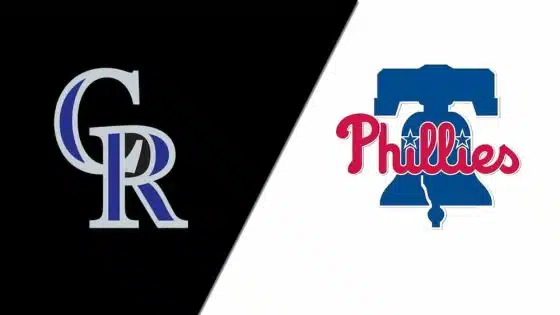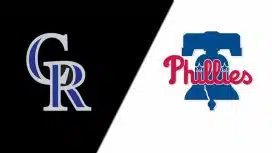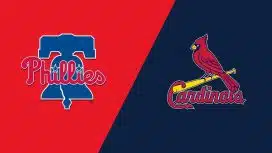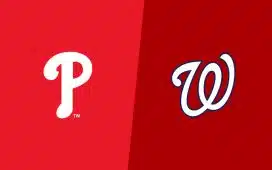So I’m getting takeout last night (because I figured I might as well before everything everywhere shuts down for good, and don’t for a second think it won’t) and I realized something that made me wonder what the hell’s going to happen — not so much now but when this nightmare ends. Standing there, in a nearly empty restaurant, waiting for my bag of food, I realized that I viewed every person in my vicinity as the enemy. And this, I understood, will be the nightmare that follows the nightmare. And it doesn’t bode well for at least the immediate future of spectator sports.
Close proximity to like-minded fans is what makes spectator sports fun. When I was writing my book on the late-70s Phillies I learned that even though those teams had a terrible relationship with the Philadelphia populous – by 1980 Larry Bowa and the fans took turns flipping each other off – people generally have great memories of that time, particularly the 1980 season, which many remember quite differently than how things actually unfolded. Many fans claim to remember a magical season but it was hardly that. It was acrimonious from the start, both within the clubhouse and between the club and the outside world. But the memories that persist aren’t those but the ones that stemmed from the parade that followed Tug McGraw’s final pitch of the season. The communal event of tens of thousands of Phillies fans packed together on Broad Street whitewashed everything that came before. It made everything that preceded it not merely worth it, but largely forgotten.
Sports bars have not only survived but thrived for the same reason. For many fans it’s not so much that the Sixers win but that they do so in the shared company of our fellow fans that makes the whole thing worthwhile. Super Bowl parties exist for the same reason. They’re fun even when the Eagles aren’t in it; it’s just fun to be in the vicinity of others whenever a sporting event is taking place.
Or at least it was. Standing in that restaurant I realized that it’s not only the cancelled games that we’ve lost but, at least for a time, the reason we enjoy them as much as we do. Sure, the games will return. Maybe in a few weeks (doubtful), maybe in a few months, maybe in several. Whenever they return they will, of course, return. But will we want to attend them, or watch them with others, or celebrate with fellow fans like we did before all of this? Eventually, yes. But it’s not going to be automatic.
The other day a person I share Flyers tickets with asked if I was interested in purchasing playoff tickets if and when the season resumes. My knee-jerk response was Yes, of course I was. Then I thought about it. What if the season resumes in May? Do I really want to be in the Wells Fargo Center with potentially 18,000 other people, watching hockey? No, I don’t think I do. One day I will. But not now.
The fear I have is not only of the coronavirus but of the normalization of the resultant feeling that every other human being in my airspace is a threat. It’s not normalized quite yet; I quickly caught myself and was able to identify it as unusual. But at some point it will. And that’s not going to abate the moment the stadium gates re-open. The longer this lasts the longer it’s going to take for fans to become reacquainted with the idea of community. So when the games resume we might find that we don’t want them back as much as we might have thought we did.
The damage to spectator sports might not be so much that we don’t have them right now. The damage might very well be that when they return we’ll no longer want them around.
Mitch Nathanson's biography of Jim Bouton will be released on May 1st. You might as well buy it; you've got nothing better to do





